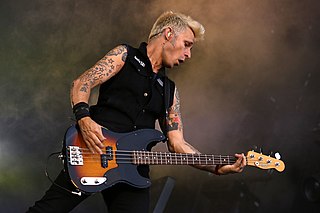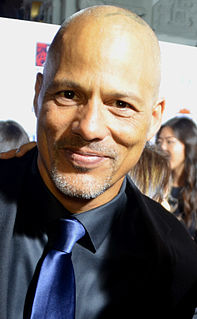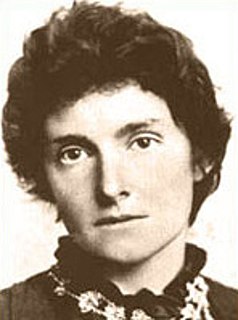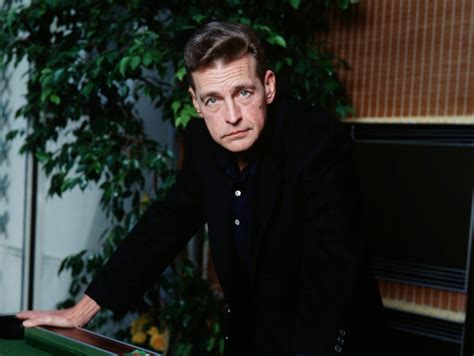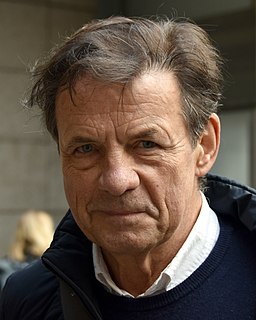A Quote by Rebecca West
Babbitt as a book was planless; its end arrived apparently because its author had come to the end of the writing-pad, or rather, one might suspect from its length, to the end of all writing-pads then on the market.
Related Quotes
Sometimes I'll have an end in mind, but it's always false, always corny, just a dumb idea anyone could have, sitting on a barstool. An abstract thesis with no real life inside it. And then I start writing and the writing itself confounds me, taking away the comfort of knowing the end in advance. How is that even possible? Doesn't the conclusion come at the end? How can you begin with one - that seems odd, right?
Writing books isn't a drastic departure from writing for the stage. I've always written in the long format, five, eight, 10-minute pieces rather than one-liners, so since writing books, the process hasn't changed much. A piece in my live routine can end up as part of one of my HBO specials, and it can also end up in one of the books.
Always, at the end of every book, there are things you will be unsatisfied with, and still more things that later on you will realize were not right. But mistakes are part of what a book is. That itchy, dissatisfied feeling at the end of a novel is useful. It's what keeps you writing and gets you writing the next one. It's what keeps you learning.
I hate outlines. I have a broad sense of where the story is going; I know the end, I know the end of the principal characters, and I know the major turning points and events from the books, the climaxes for each book, but I don't necessarily know each twist and turn along the way. That's something I discover in the course of writing and that's what makes writing enjoyable. I think if I outlined comprehensively and stuck to the outline the actual writing would be boring.
Movies are definitely more fun because there are so many different seasons in a movie. It is exciting to be drafting together. Writing a book is very hard, it's like writing 15 college term papers in a row, and you are just like, "when is going to end?" You can communicate so much more when you are writing a book, and you can go so much deeper.
Don't you think it's rather nice to think that we're in a book that God's writing? If I were writing a book, I might make mistakes. But God knows how to make the story end just right--in the way that's best for us." Do you really believe that, Mother?" Peter asked quietly. Yes," she said, "I do believe it--almost always--except when I'm so sad that I can't believe anything. But even when I don't believe it, I know it's true--and I try to believe it.
How do I start writing a book? I sit there, I come up with an opening line, and then I go little by little. I'll wonder, Well, what's coming? And that goes right through to the very end. For over a dozen years now, I've had a recurring dream where I'm reading a book and the pages are blank, but as I read, the words come to exist as fast as my eyes can move. Strange, strange thing.
Generally I start writing when I have even the smallest idea of how a book is going to go, because the physical process of writing itself keeps the mind active and focused on the job at hand. Usually I write in about 5 drafts, but that simply means there are 5 definite times when I go in a linear fashion from the beginning to the end of the book.
I've been trying to fit everything in, trying to get to the end before it's too late, but I see now how badly I've deceived myself. Words do not allow such things. The closer you come to the end, the more there is to say. The end is only imaginary, a destination you invent to keep yourself going, but a point comes when you realize you will never get there. You might have to stop, but that is only because you have run out of time. You stop, but that does not mean you have come to an end.








